Mazda Miata Generations
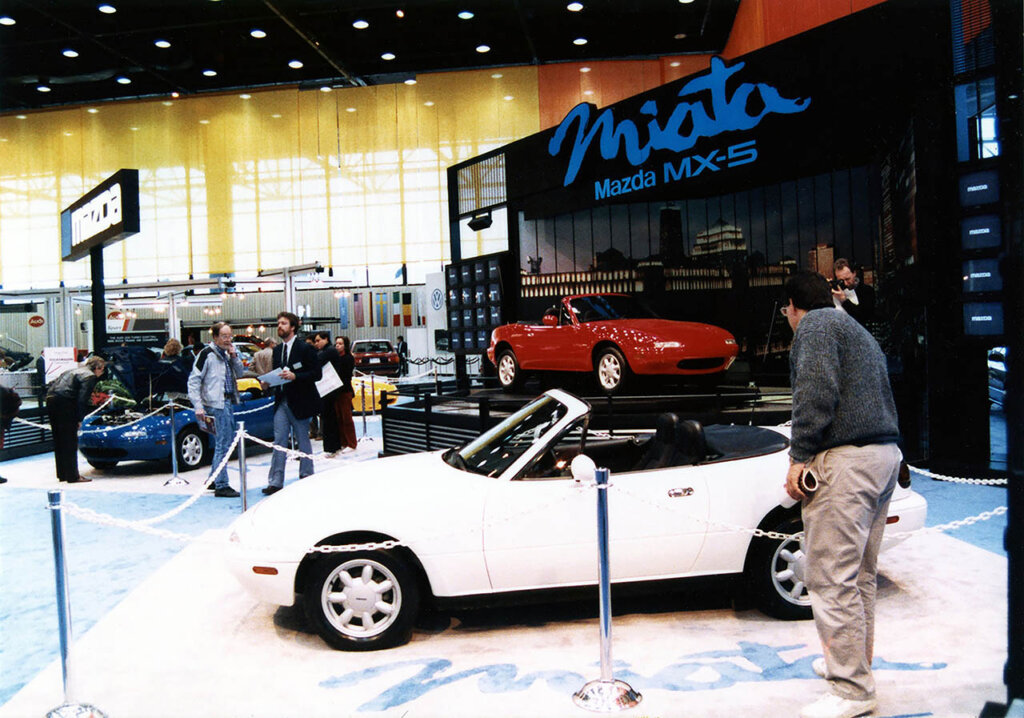
Source: Mazda Newsroom
First generation – NA (1989–1997)
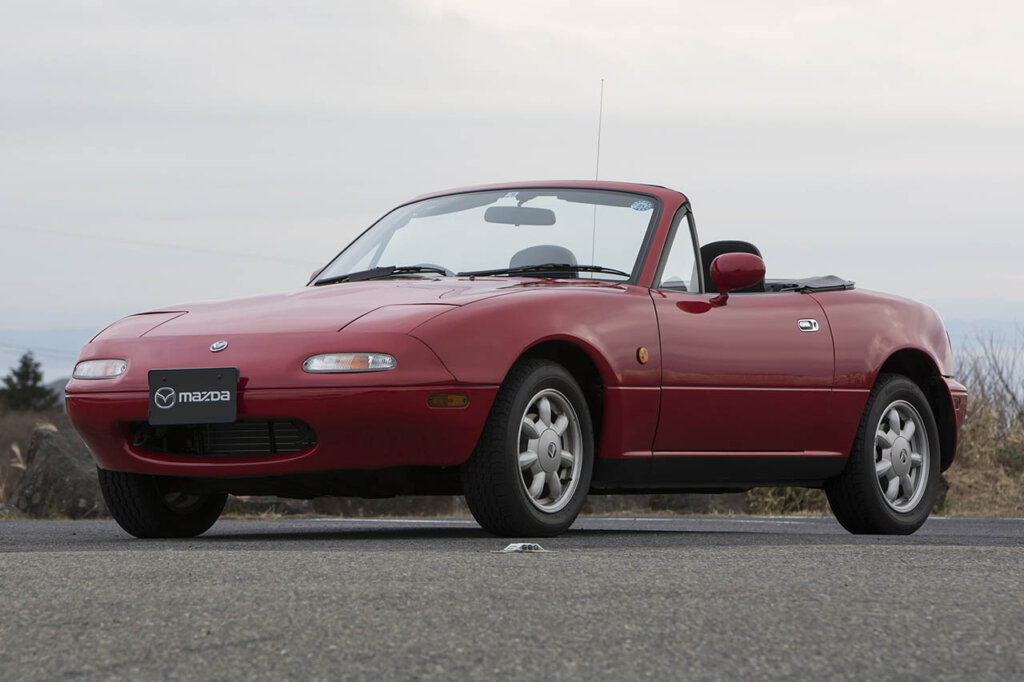
| Trim | Production | Engine | Power | Transmission | Drivetrain |
| NA | 1989 – 1997 | 1.6 L B6ZE I4 | 116 HP / 117 PS / 86.5 kW | 4-Speed Automatic 5-Speed Manual | RWD |
| NA | 1994 | 1.8 L BPZE I4 | 129 HP / 130 PS / 96 kW | 4-Speed Automatic 5-Speed Manual | RWD |
Upon its debut, the first gen MX-5 received numerous accolades and awards, including being named Automobile Magazine’s 1990 Automobile of the Year and securing a spot on Car and Driver’s 10Best list from 1990 to 1992. Initially powered by a 1.6 L (98 cu in) inline-four engine producing 116 horsepower, the model later transitioned to a standard 1.8-liter engine in most markets by late 1993. The model was inspired by the Lotus Elan, the MX-5 boasted distinctive features like pop-up headlights (exclusive to the NA model) and sleek chrome door handles, paying homage to the iconic British roadster. In a bid to maintain a lightweight profile, base models skipped power steering and power brakes. A standard five-speed manual transmission was complemented by an optional four-speed automatic.
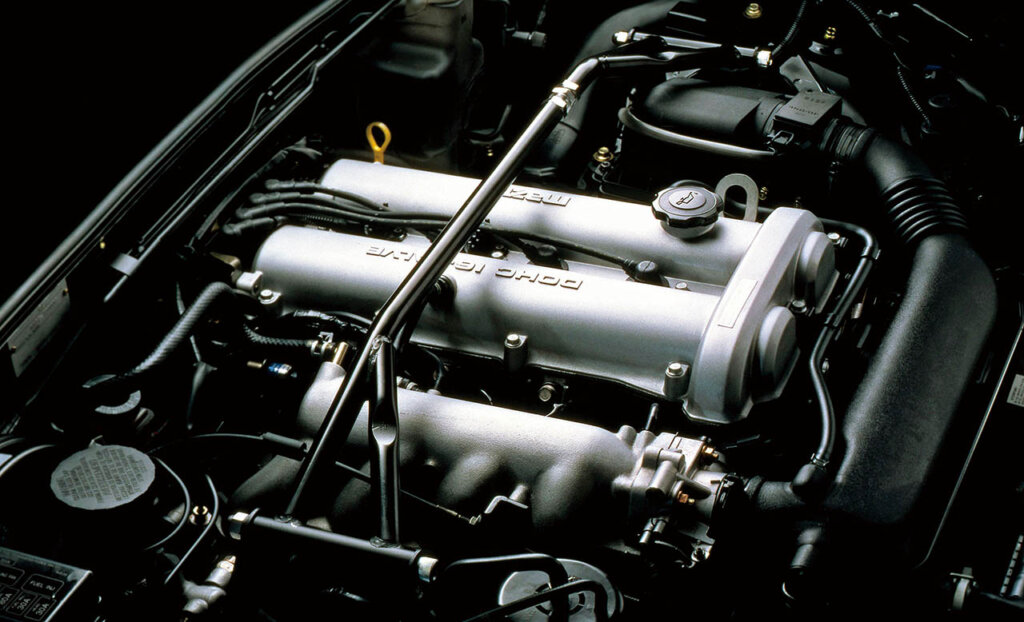
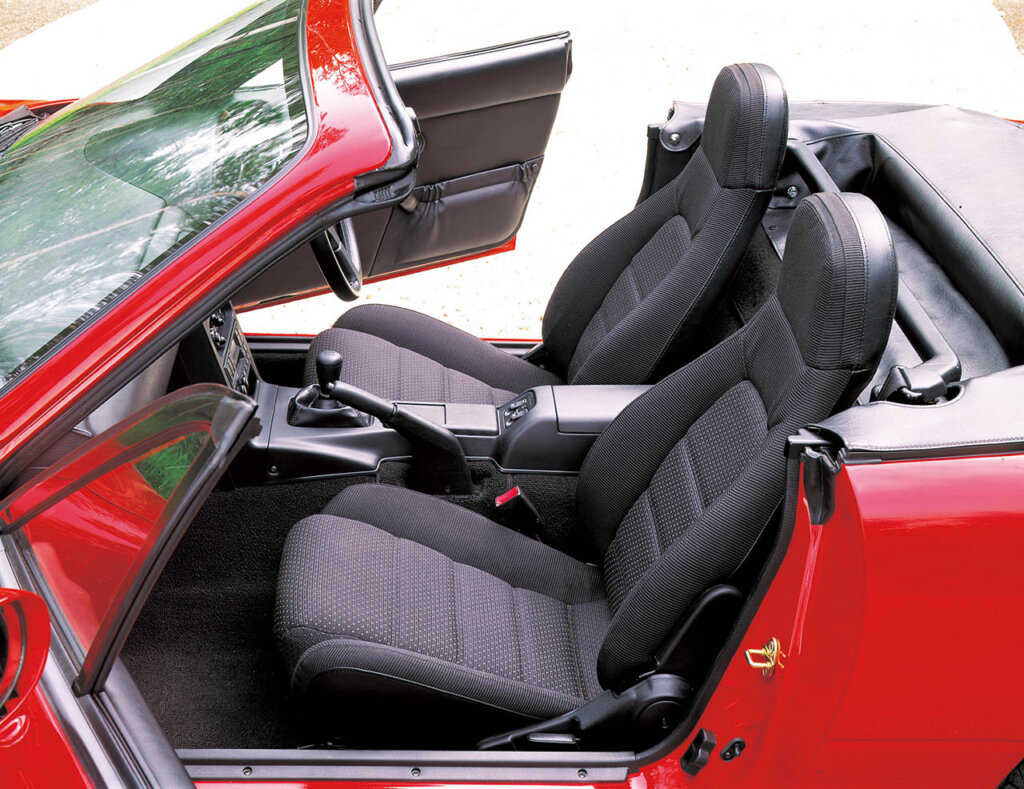
Second generation – NB (1998–2005)
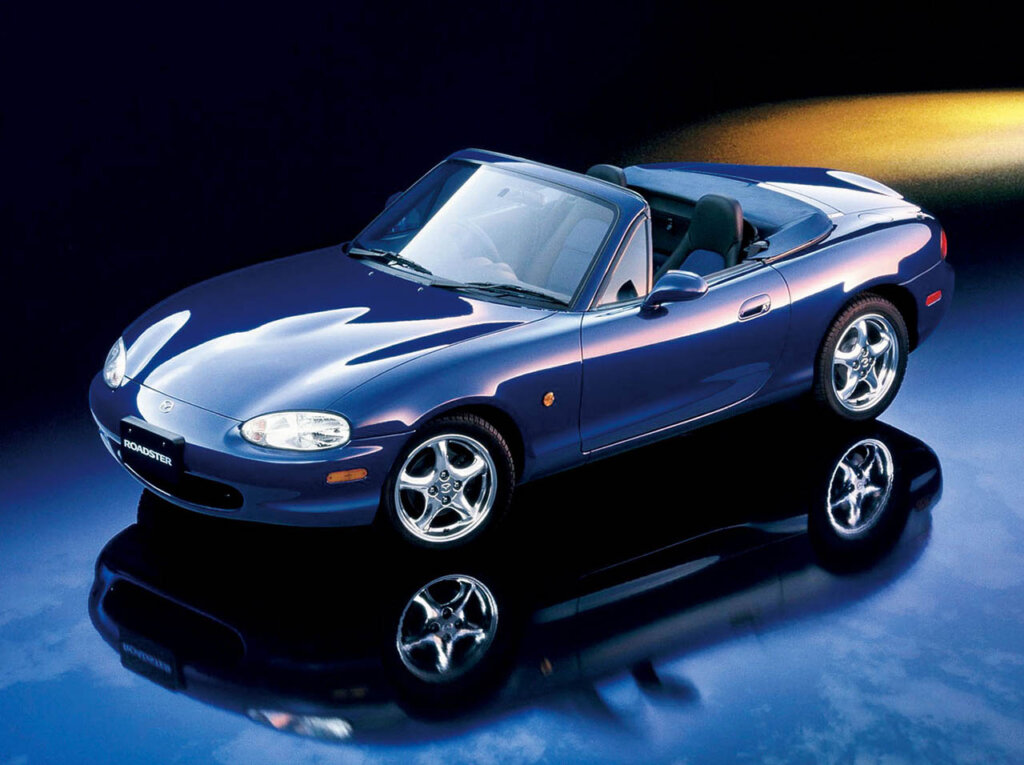
Source: Mazda Newsroom
| Trim | Production | Engine | Power | Transmission | Drivetrain |
| NB | 1989 – 1997 | 1.8 L BP4W I4 | 140 HP / 141 PS / 104.4 kW | 4-Speed Automatic 5-Speed Manual | RWD |
Unveiled in 1997 and available for the 1999 model year, the second-generation MX-5 showcased consistent proportions but removed its retractable headlamps due to stricter pedestrian safety tests. The NB model boasted a slight power increase, refined interior design, and an optional six-speed manual transmission. In 2001, the second-gen underwent revisions, introducing enhanced engine power, a refined interior with updated design, and an available six-speed manual transmission. Further 2001 updates included a refreshed front and rear styling and variable-valve timing for the 1.8-liter engine, now generating 106 kW (142 hp). Distinguished as NB2 for updated versions and NB1 for earlier models, the NB production run featured various special editions. The Mazdaspeed MX-5 stands out as the only factory turbocharged MX-5, produced in 2004 and 2005, delivering 133 kW (178 hp) from its turbocharged 1.8-liter engine. Notable features include stiffer springs, Bilstein shocks, and larger 17-inch wheels, resulting in a quarter-mile time of 15.2 seconds and a 0–97 km/h (0–60 mph) time of 6.7 seconds.
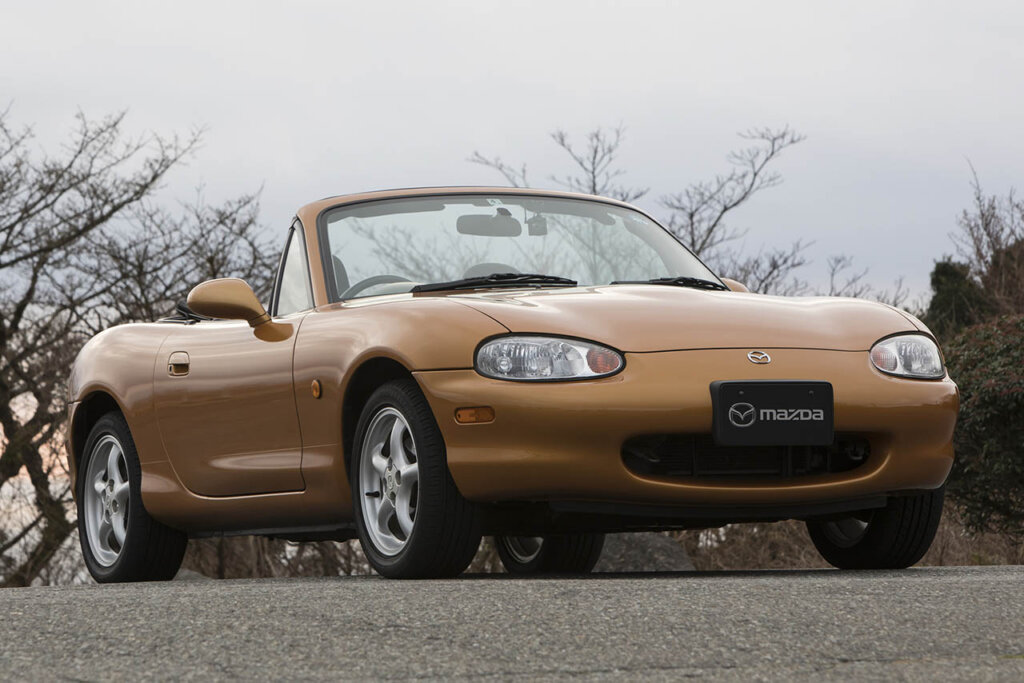
Third generation – NC (2005–2015)
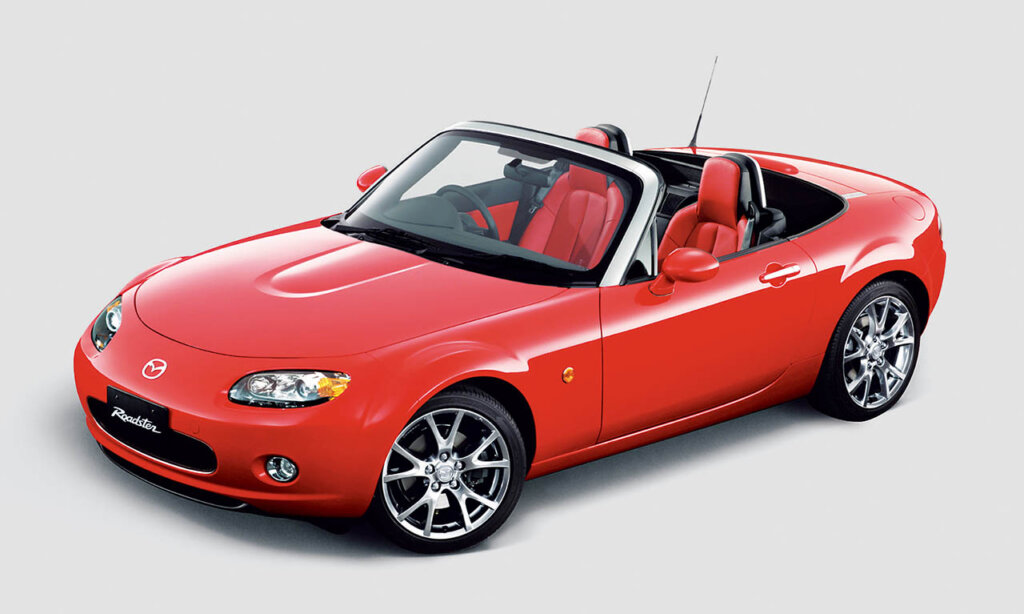
Source: Mazda Newsroom
| Trim | Production | Engine | Power | Transmission | Drivetrain |
| NC | 2005 – 2015 | 2.0 L MZR LF-VE I4 | 170 HP / 171 PS / 127 kW | 5/6-Speed Automatic 6-Speed Manual | RWD |
Inspired by the 2003 Mazda Ibuki concept car, the third-generation Mazda MX-5 made its debut in 2005 and continued production until 2015. This iteration introduced the Power Retractable Hard Top (PRHT), a unique variant with a folding hardtop mechanism that preserves trunk space. The third-gen MX-5 garnered acclaim, earning accolades such as the 2005–2006 Car of the Year Japan Award and a spot on Car and Driver’s 10Best list from 2006 to 2013.
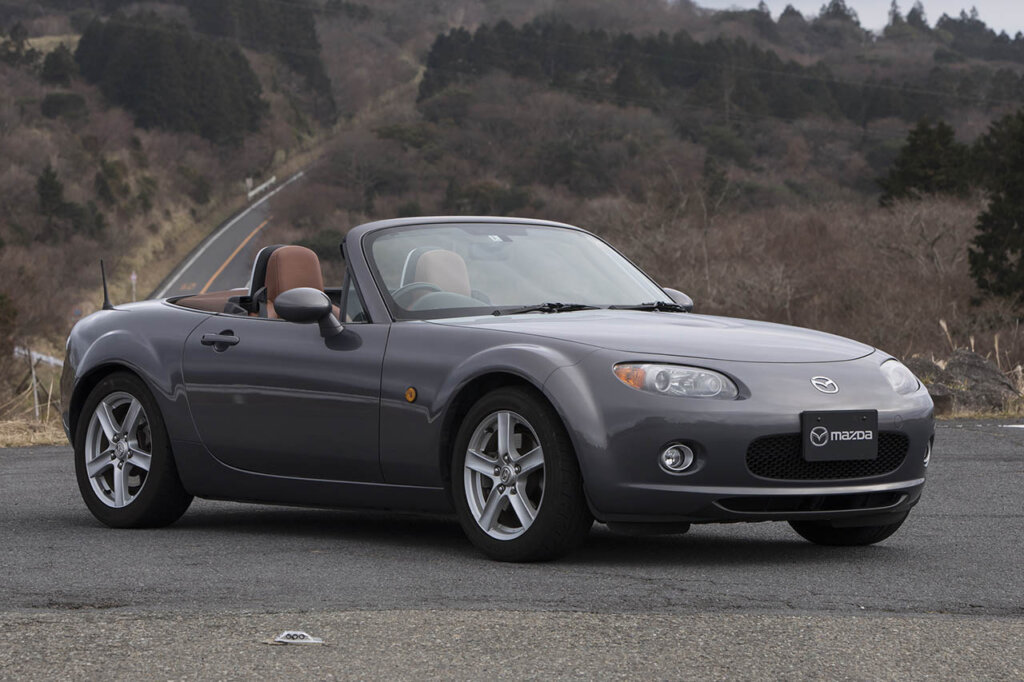
Fourth generation – ND (2015–present)
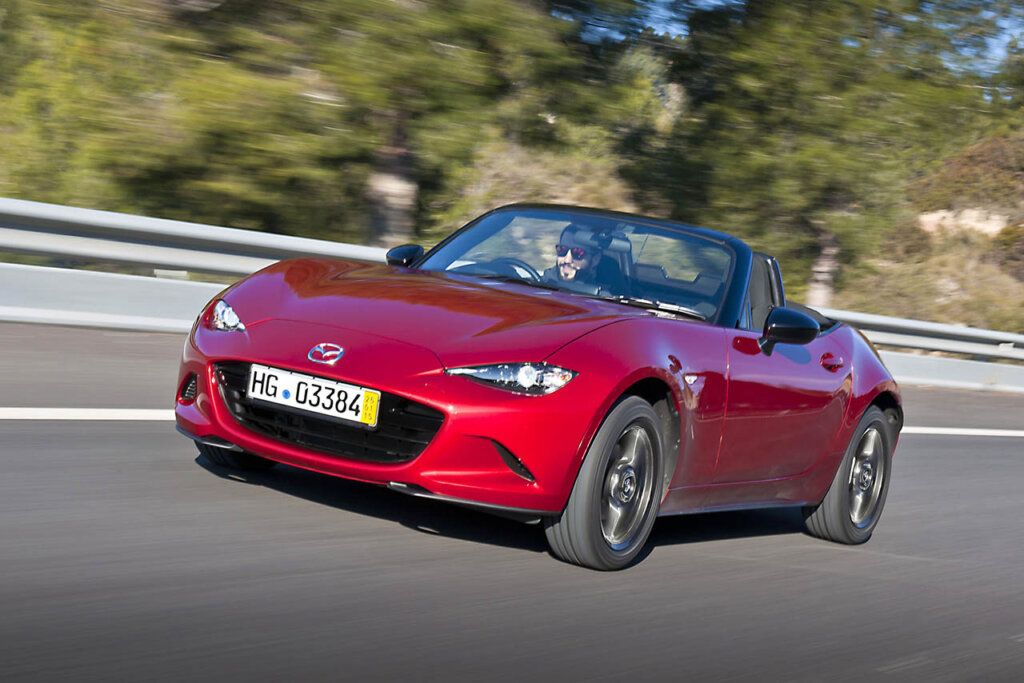
Source: Mazda Newsroom
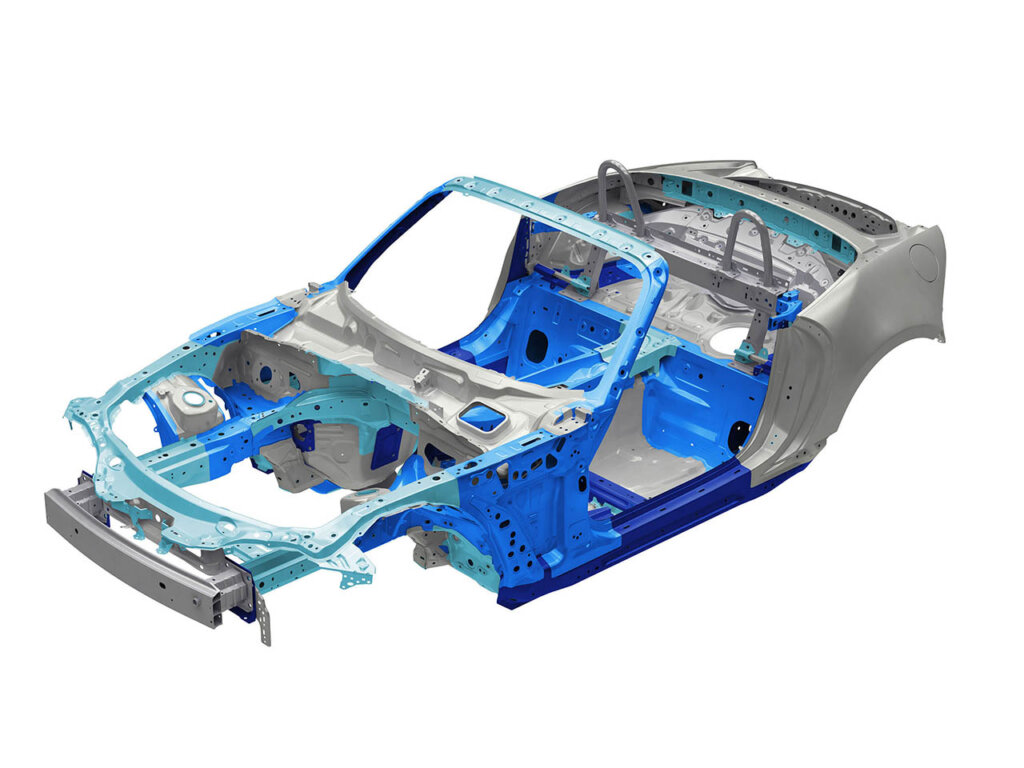
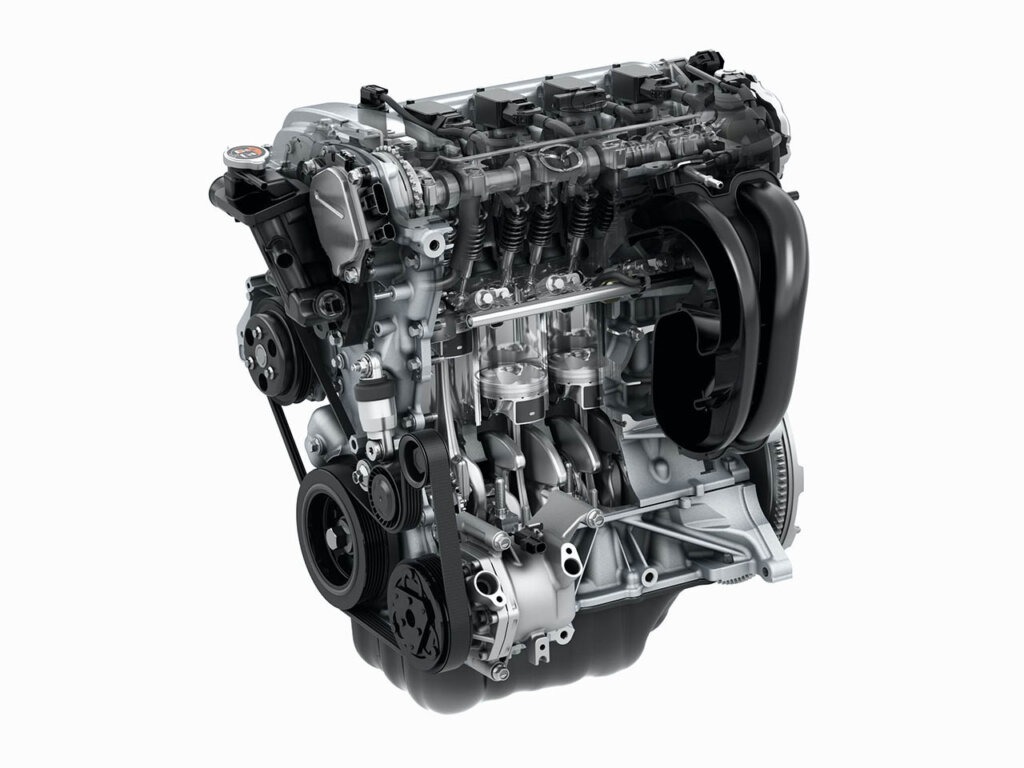
Unveiled in 2014 and in production since 2015, the fourth-generation Mazda MX-5 received an updated model in 2019. While visually identical to its predecessor, the engine was boosted to 135 kW (181 hp), and a dual-mass flywheel was integrated into the manual transmission powertrain. The ND generation introduced the Retractable Fastback (RF) variant, featuring a rigid roof and buttresses for a more coupé-like silhouette compared to the soft-top convertible. The fourth-gen MX-5 has earned numerous accolades, including the 2015-2016 Car of the Year Japan Award, the 2016 World Car of the Year Award, a place on Car and Driver’s 10Best list from 2016 to 2019, and the Red Dot Best of the Best Award in Product Design 2017. The fourth gen model also served as the foundation for the Fiat 124 Spider and Abarth 124 Spider.
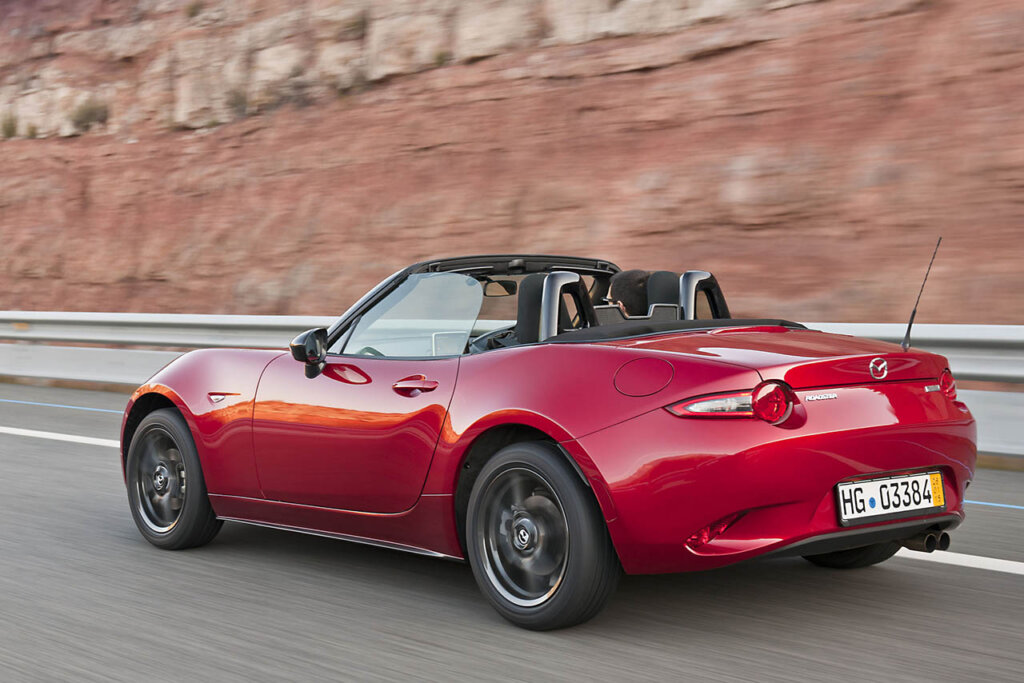
The Legacy of Miata
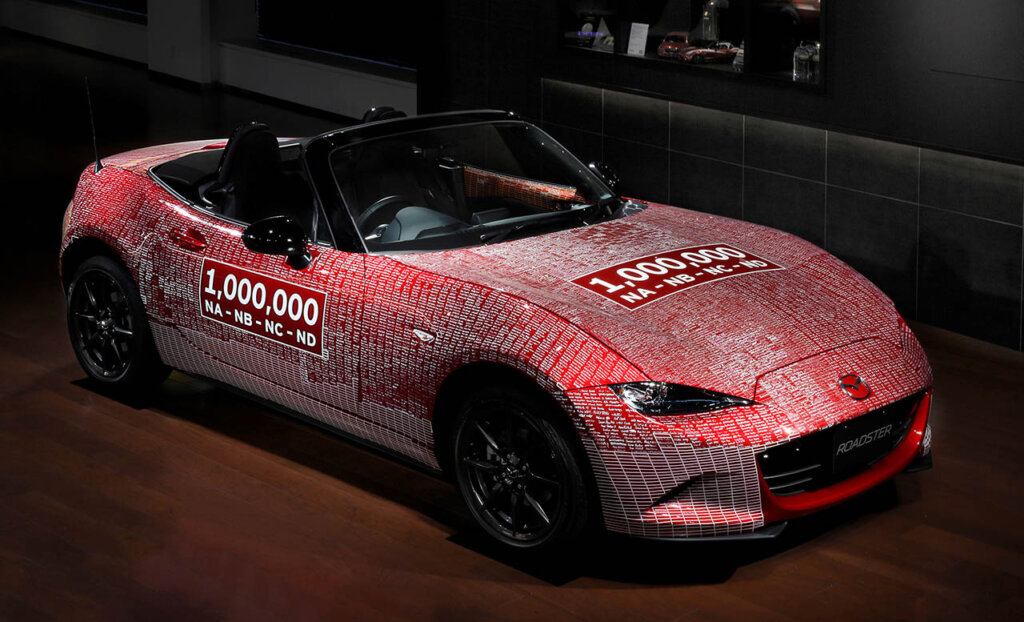
Source: Mazda Newsroom
From the visionary concept of enthusiasts like Bob Hall to the latest fourth-generation models, the Miata has consistently embodied the essence of a lightweight, agile sports car. Its iconic design, responsive handling, and convertible options have earned it widespread acclaim and a dedicated global fanbase. The Miata’s ability to evolve with the times, incorporating technological advancements while staying true to its fundamental driving ethos, ensures its continued relevance and prominence in the realm of sports cars. As a symbol of exhilarating motoring experiences, the Mazda Miata remains an enduring icon, capturing the hearts of drivers who seek the pure joy of the open road.

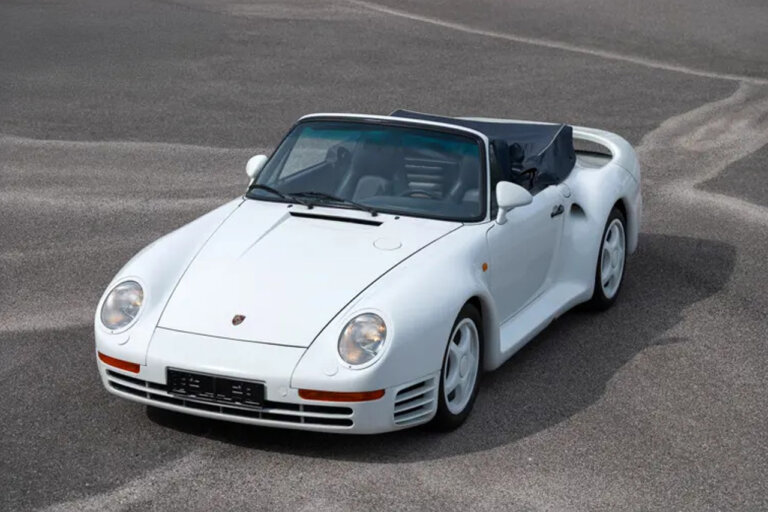

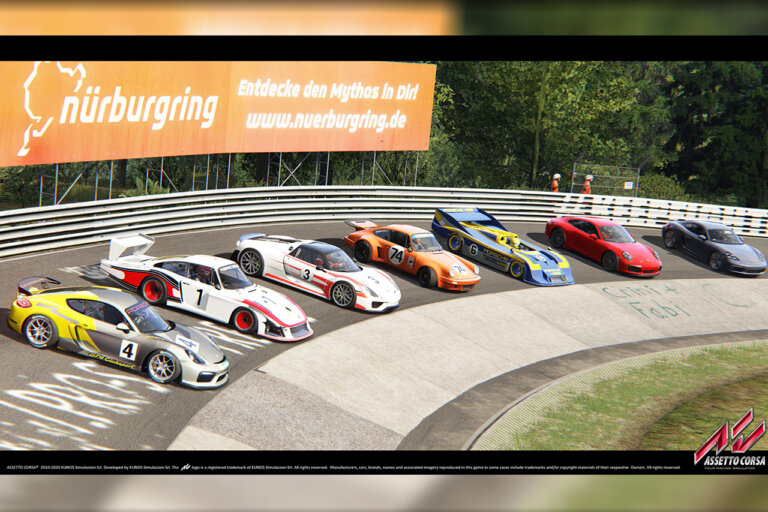
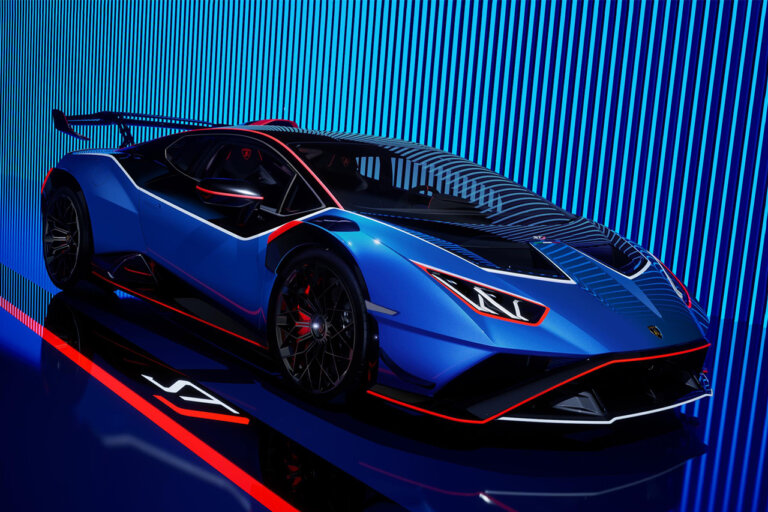



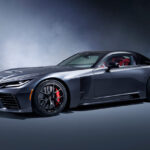

One Response
I have a 1991 mazda miata with 71000 miles, I just love it, it’s a great baby!!